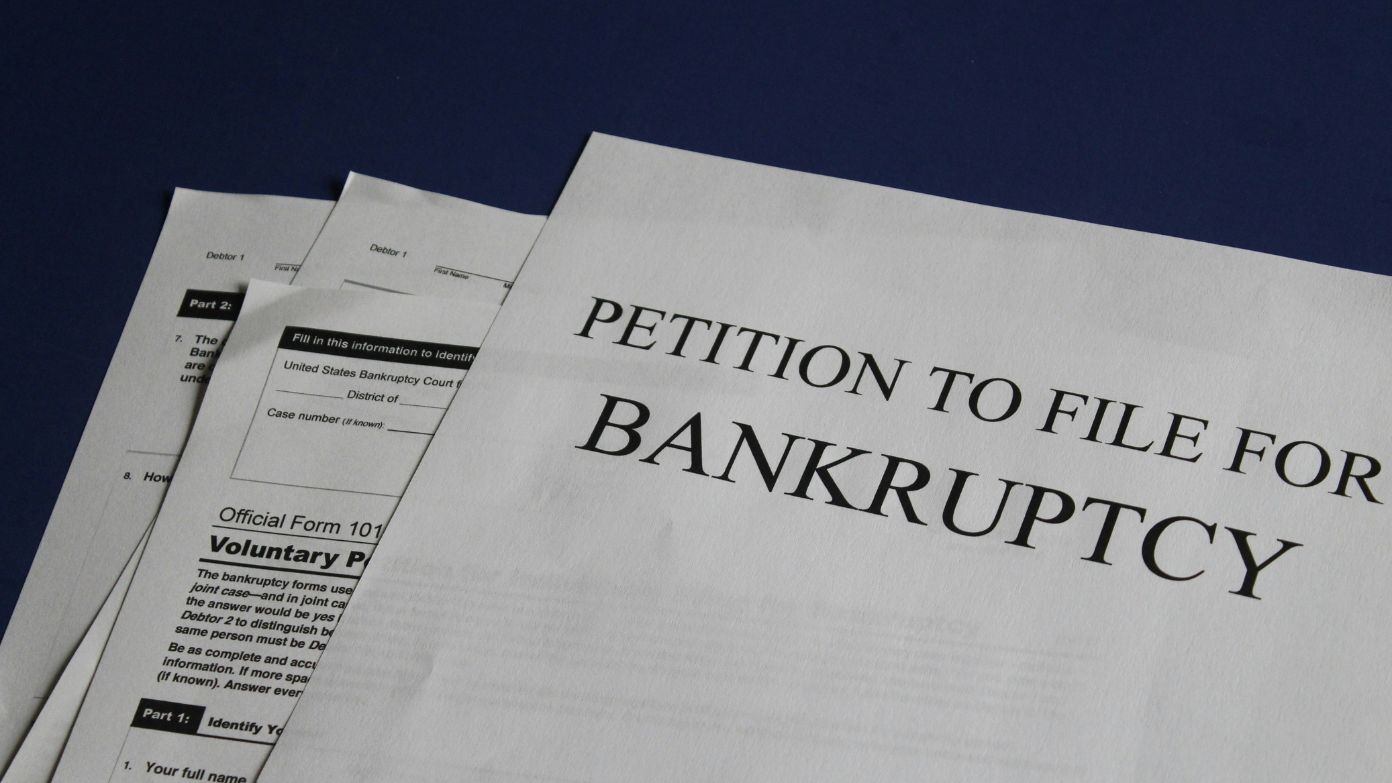Forever 21, one of the giants of fast fashion, has filed for bankruptcy protection for the second time in five years. The move questioned the future of the brand and the fate of U.S. stores. Below are the facts and answers to some burning questions you might have.
Why did Forever 21 file for bankruptcy again?
Several factors have contributed to Forever 21’s recent filing forbankruptcy, including:
- Intense competition: Fast-fashion online players like Shein and Temu have radically transformed the landscape of conventional physical stores. Most competitors avail themselves of the U.S. de minimis exemption, where duty-free imports are offered for shipments that cost less than $800, thus enabling lower prices.
- Declining mall traffic: More consumers are now shopping online, leading to a reduction in mall traffic, and sadly, mail-based retailers like Forever 21 have had low sales.
- Financial problems: The company has incurred massive losses in the recent past, $1.58 billion in total.
Are all U.S. Forever 21 stores closing?
Yes, Forever 21 has announced plans to close all 350 of its U.S. locations. Liquidation sales have commenced, offering discounts on remaining inventory.
Will Forever 21’s online store remain operational?
Even during the wind-down period, Forever 21’s U.S. website will still be functioning, customers will still be able to make online purchases until the last of the inventory is sold out.
What does this mean for international Forever 21 stores?
The bankruptcy proceedings in the United States shall not in any way affect international activities which are run by licensees. Stores outside of the United States will be able to conduct their normal operations.
Is this the end of the Forever 21 brand?
While U.S. operations are winding down, Forever 21’s brand and intellectual property are owned by Authentic Brands Group (ABG). ABG may explore opportunities to keep the brand alive through licensing agreements or partnerships.
How does this bankruptcy compare to the previous one in 2019?
Forever 21 went bankrupt in 2019 but managed to restructure and remain in operation after being acquired by a consortium including ABG. Despite efforts to innovate and revamp, the struggles persisted, leading to the current bankruptcy filing.
What does this mean for the retail industry?
Bankruptcy of forever 21 clearly indicates the problems that traditional retailers face while adapting to the ever-changing consumer behavior and increasing e-commerce. Such events place emphasis on the need to innovate in retailing so that one can increase relevance in a dynamic environment.
Related article:
140-year old iconic canned fruit and vegetable maker files for bankruptcy
Good news for sea food lovers: iconic restaurant chain leaves bankruptcy

